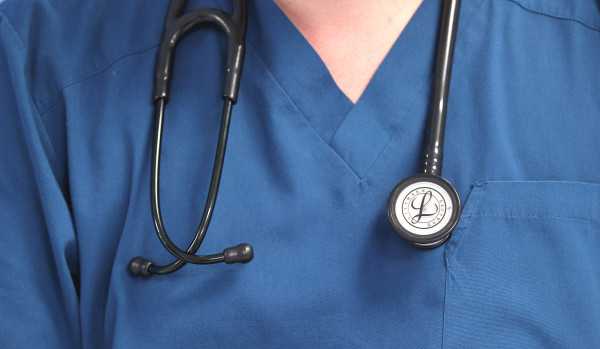

Some protection advisers have reported delays in obtaining GP reports during the underwriting process, alongside a warning that clients could be left “financially exposed”.
Alan Lakey, director at Highclere Financial Services, said that receiving GP reports during the pandemic had been a “big problem”.
Mr Lakey said: “Recently one surgery told us that they respond to one GP report [request] a month. Others advise that they don’t consider it as urgent and deal with them all at the end of the month.
“This creates a log jam and extends the time before receipt of acceptance terms.”
But as well as delays of between three and five weeks, Mr Lakey said he had noticed surgeries were often supplying “scant” information, necessitating a further request and subsequent extended delay.
Life insurers sometimes require medical evidence from GP reports during underwriting.
In May, Aegon said it would resume requesting medical evidence in certain circumstances, having stopped requests for protection applications to reduce pressure on the NHS.
Matthew Chapman, commercial director at Plus Financial, said it had become “considerably more difficult” to obtain GP records during the early stages of lockdown, citing a client for whom it took from February to October to get a report.
But he also said that obtaining GP records had been a challenge even before the pandemic, and chasing GP practices for updates a “regular feature” of the working day.
Additionally, Mr Chapman described getting hold of GP records as “often only half the battle”.
He said: “We have seen several cases recently where the GP records failed to accurately reflect the conversations between client and GP and paint a more negative picture than first thought, resulting in less favourable underwriting terms for the client.”
Mr Chapman said that he had consequently been forced to challenge records and get them updated.
He added: “Improvements in the speed of getting access to records is only as good as the accuracy of the records themselves.”
Paul Reed, director at Vita, agreed that advisers have “always” faced challenges in obtaining medical evidence from GP surgeries, and said that delays in most instances were between two and six weeks.
But Mr Reed added that he had experienced delays as long as nine months in getting information back, which he described as “wholly unacceptable” due to the potential consequences of leaving clients “financially exposed”.
He said: “We cannot underestimate the impact this has on the client. Fundamentally, it means they are left without cover in place.
“Whilst some insurers offer ‘accidental death benefit’ while the request is ongoing, not all offer this and it can be very restrictive.”
Digital solutions
Highclere’s Mr Lakey said an electronic link to patient records would “certainly” speed up the process by enabling insurers direct access.
Indeed, Plus Financial’s Mr Chapman said he had recently seen “steady improvements” in the speed of return with more GP practices adopting the iGPR software, whereby GPs receive electronic requests from insurance providers and share patient information for insurance reporting purposes.
While Vita’s Mr Reed said insurers have tried to help the process of obtaining medical evidence with software solutions, and he said this was yet to be “fully embedded” and that the industry was “still reliant” on human interaction.
He added: “We need to get to a point where automation takes the reliance on surgery staff out of the process.”
Mr Reed continued: “Clients’ ability to download their own medical records securely can also help speed this process up. This technology already exists in part, but not across the whole country.”
chloe.cheung@ft.com
What do you think about the issues raised by this story? Email us on fa.letters@ft.com to let us know.



